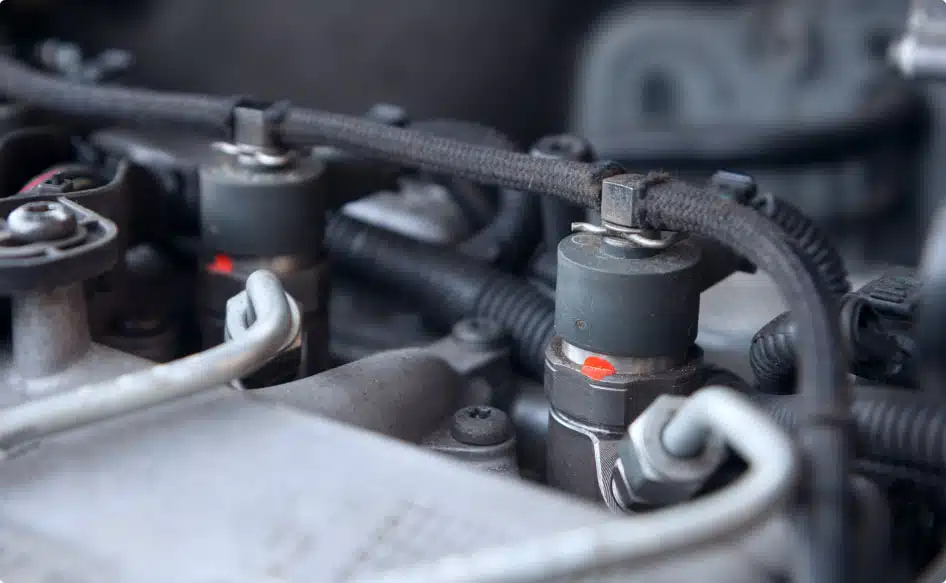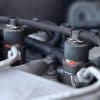
Benefits Of Replacing a Carburetor With Fuel Injection
Air and fuel. They are the essential ingredients of an internal combustion engine. Delivering air and fuel to the combustion chamber, where it can be ignited, is necessary for engine functionality.
A carburetor or fuel injection system are the primary ways to deliver fuel. It is a debate among car lovers about which system they prefer—the simplicity of the carburetor versus the performance of fuel injection.
We don’t like to talk in jargon too much, but there is one term you should know: stoichiometric mixture. It is the ratio of air to fuel. To achieve maximum engine efficiency, you want the ideal air-fuel mixture. For gasoline, the stoichiometric air-fuel mixture is about 14.7:1.
The difference between carburetors and fuel injection
Carburetors were the most common fuel delivery method until fuel injection systems supplanted them in the 1980s and 90s. They are a mechanical device that does not rely on electronics to mix air and fuel.
As more and more computerized systems entered the car, it was inevitable that they would control the fuel to air ratio. That is exactly what a fuel injection system does. It uses an electronically controlled system to regulate the fuel-air mixture, so it’s exactly right—achieving the correct stoichiometric ratio.
One of the most popular custom projects we perform in the shop is converting an engine from a carburetor to fuel injection. The primary benefits of converting from carburetors to fuel injection are more power and better fuel efficiency.
If you have a classic luxury car and are considering the switch, here is what you can expect from the conversion.
Benefit 1: Makes your engine more fuel-efficient
The energy crisis of the 1970s caused many car owners to start demanding more fuel efficiency from car manufacturers. This was one of the primary reasons for adopting fuel injection systems, shifting away from carburetors.
Because a fuel injection system can more precisely control the air to fuel ratio, it results in a more efficient use of fuel, reduced fuel consumption, and lower emissions. The electronic system can constantly tweak the balance depending on the engine’s needs, resulting in less wasted energy and better fuel efficiency.
Because it is more efficient, you get complete combustion, so fuel is burned in a cleaner way leading to fewer pollutants.
Benefit 2: More Power
Engines equipped with fuel injection provide higher power and torque than a carbureted version of the same engine. The accuracy of fuel injection and modern electronic controls lead to fuel delivery that matches driver demand. This offers more precision than a carburetor, as sensors in a fuel injection system can account for changes in air or fuel temperature or atmospheric pressure.
Benefit 3: Increased Reliability
By maintaining an optimum air to fuel ratio, random engine stoppages and oiled spark plugs are eliminated. And because a fuel injection system does not need to be tuned like a carburetor, less maintenance is required.
Starting the engine is improved as well. A carburetor is more sensitive to changes in weather. In contrast, a fuel injection system accounts for cold and hot starting performance by calculating the optimum air-fuel mixture based on the exact conditions. When you turn the key, the car is going to start.
Talk To Us About Your Custom Project
If you are ready to talk about getting better performance from your engine, give us a call. We’re happy to speak with you about the process and see if it is the right project for you.





